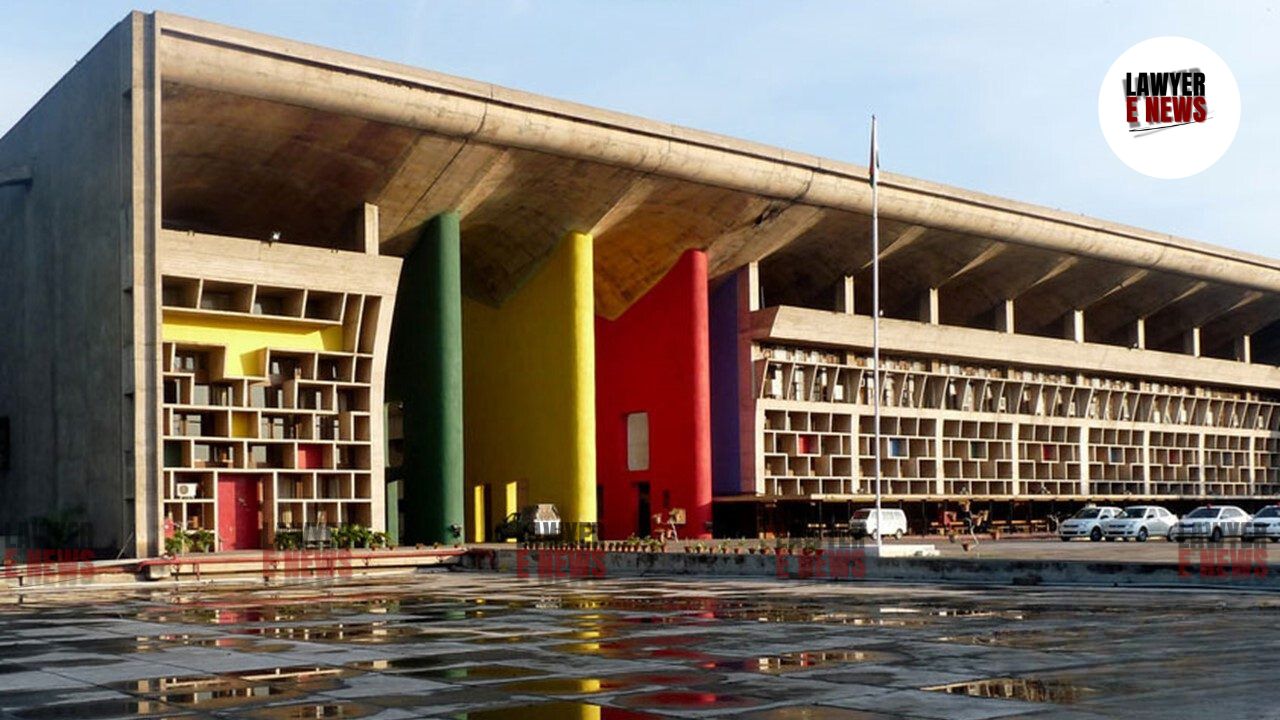-
by Admin
15 February 2026 2:16 AM



The Punjab and Haryana High Court has dismissed a writ petition filed by M/s IREO Private Limited, challenging actions taken by the Enforcement Directorate (ED) under the Prevention of Money Laundering Act, 2002 (PMLA). The court upheld the ED’s powers to issue questionnaires to IREO’s customers as part of its investigation into alleged money laundering activities. A division bench consisting of Chief Justice Sheel Nagu and Justice Anil Kshetarpal found no merit in the company's arguments, asserting that the ED acted within its statutory powers.
The case stems from multiple investigations into IREO’s real estate dealings, following allegations of financial mismanagement and fraud involving incomplete projects. The ED had registered an Enforcement Case Information Report (ECIR) in 2021, citing offenses under the PMLA. Subsequently, a provisional attachment order was issued by the ED in 2022, freezing several assets and bank accounts of IREO. The investigation involved accusations of cheating, misappropriation of funds, and money laundering through shell companies, amounting to ₹1,376 crores, with an additional diversion of ₹404 crores in a fraudulent land deal.
In December 2023, the ED sent a detailed questionnaire to IREO’s customers to gather information about incomplete real estate projects. The company sought to quash this communication, claiming it was illegal and beyond the ED’s powers under Section 66 of the PMLA.
The court held that Section 50 of the PMLA empowers the ED to gather information necessary for its investigation into money laundering. The issuance of questionnaires was deemed an appropriate and lawful means to collect evidence and trace the "proceeds of crime." The court observed that "the manner of investigation and the questions posed to likely victims of crime should be left to the Investigating Agency."
The court elaborated on the offense of money laundering, which continues as long as the "proceeds of crime" are enjoyed by the accused. This ongoing activity justifies the ED’s persistent inquiry, even if some FIRs related to the case were quashed or settled. The court emphasized that the investigation does not depend on the final outcome of these FIRs, citing the legislative intent of PMLA to ensure a comprehensive probe into financial crimes.
"The process or activity connected with proceeds of crime is a continuing activity and continues till such time the person is directly or indirectly enjoying the proceeds of crime," the court noted.
FIRs and ECIR: IREO’s argument that the ECIR should be quashed because most FIRs against the company were closed or settled was dismissed by the court. It held that ongoing investigations into any remaining offenses justify the continuation of the ECIR. The court also pointed out that under Section 44 of the PMLA, subsequent complaints arising from further investigations can be incorporated into the original ECIR.
"The registration of FIR in the scheduled offense is not a sine qua non for initiating the proceedings under the PMLA," the bench clarified.
The petitioner argued that the ED could not solicit information from private customers, but the court disagreed. It observed that the ED’s authority under Sections 50 and 66 of the PMLA allows it to collect evidence from all relevant parties, including victims of alleged fraud. The court found that the questionnaires sent to IREO’s customers were intended to gather material evidence concerning the alleged proceeds of crime.
The court remarked, "The questions posed to the allottees in the questionnaire are only to collect information with an ultimate object to find the proceeds of crime relating to a scheduled offense."
The court heavily relied on the Supreme Court’s ruling in Vijay Madanlal Choudhary v. Union of India, which elaborates on the expansive powers of the ED under the PMLA. It reiterated that money laundering is not a static offense but a continuing one, requiring ongoing investigation to track the flow of illegal funds. The court rejected IREO’s interpretation that the ED exceeded its jurisdiction, affirming that the directorate is fully empowered to share information with other agencies and to question potential victims.
By upholding the ED's actions, the court has reinforced the wide-ranging powers granted to the agency under the PMLA to investigate money laundering offenses. The dismissal of IREO’s petition affirms the ED’s role in thoroughly probing financial irregularities and strengthens the legal framework surrounding the investigation of corporate frauds. This ruling could impact other ongoing cases under the PMLA, reinforcing the importance of thorough inquiries into financial crimes.
Date of Decision: September 4, 2024.
M/s IREO Private Limited v. Union of India & Another
